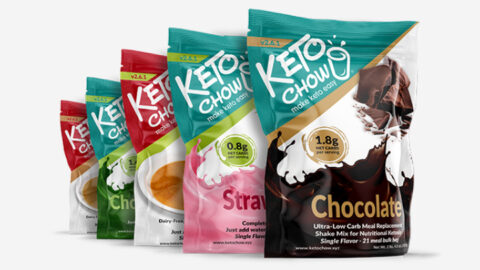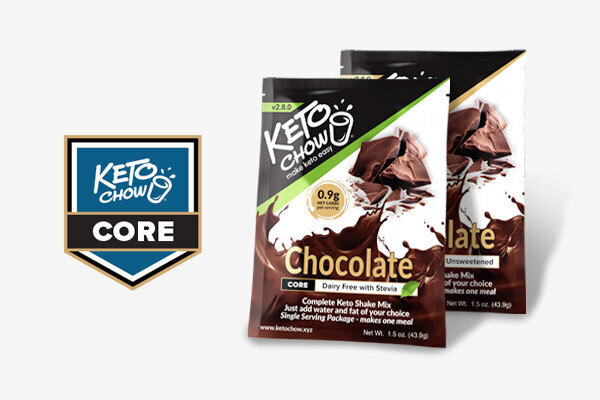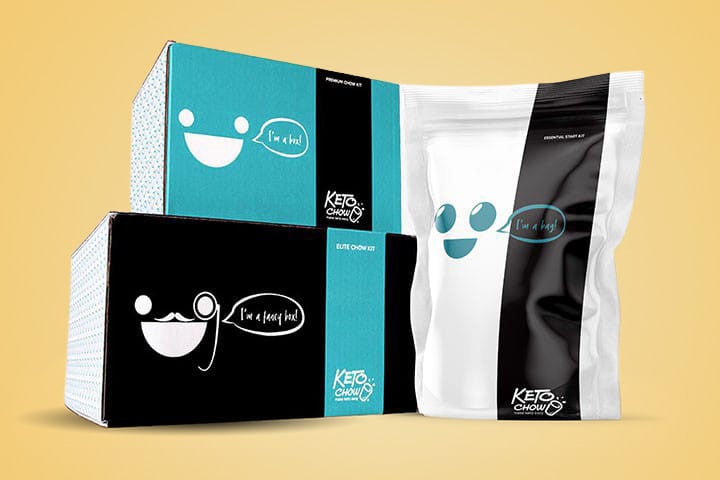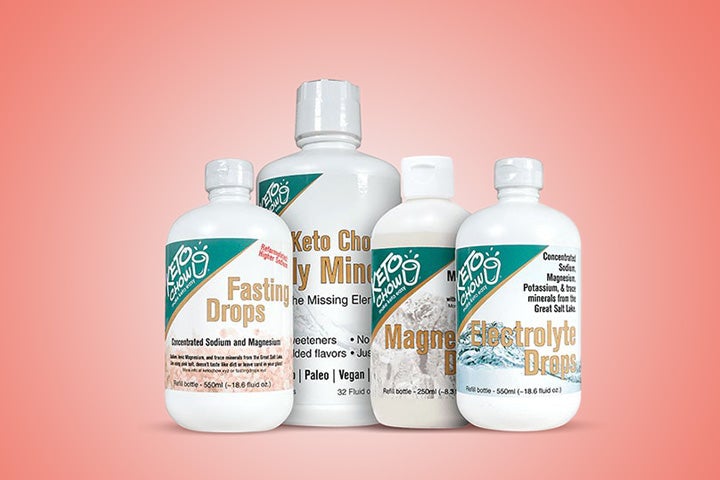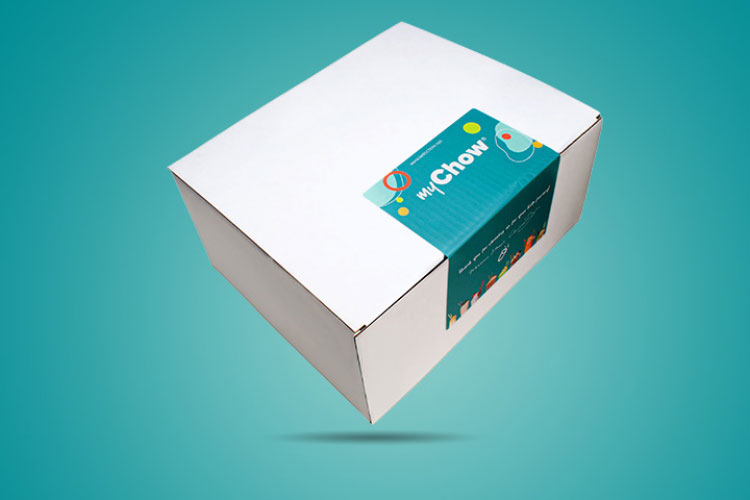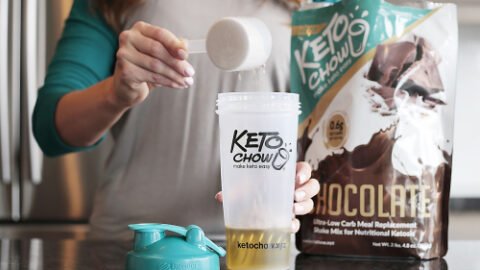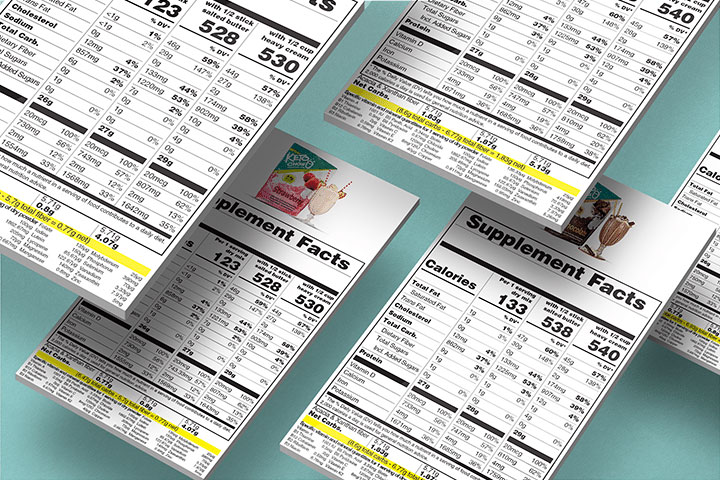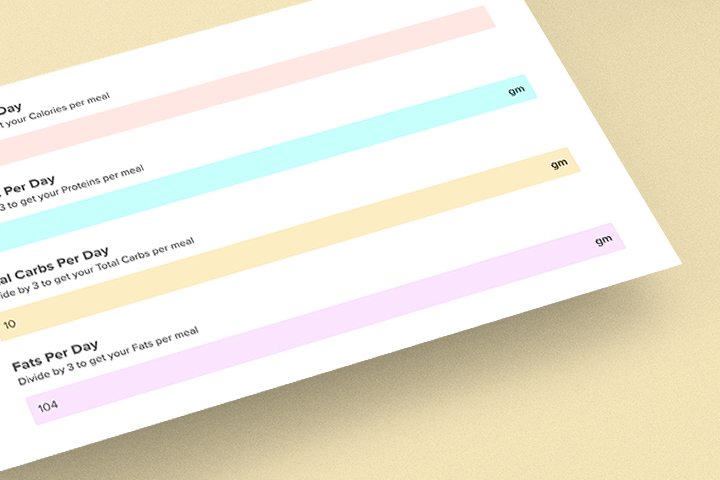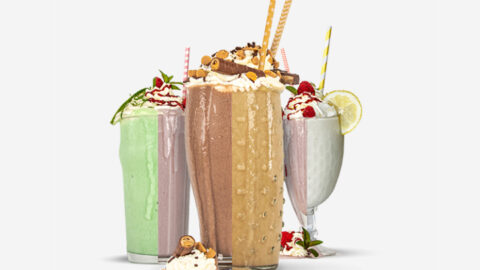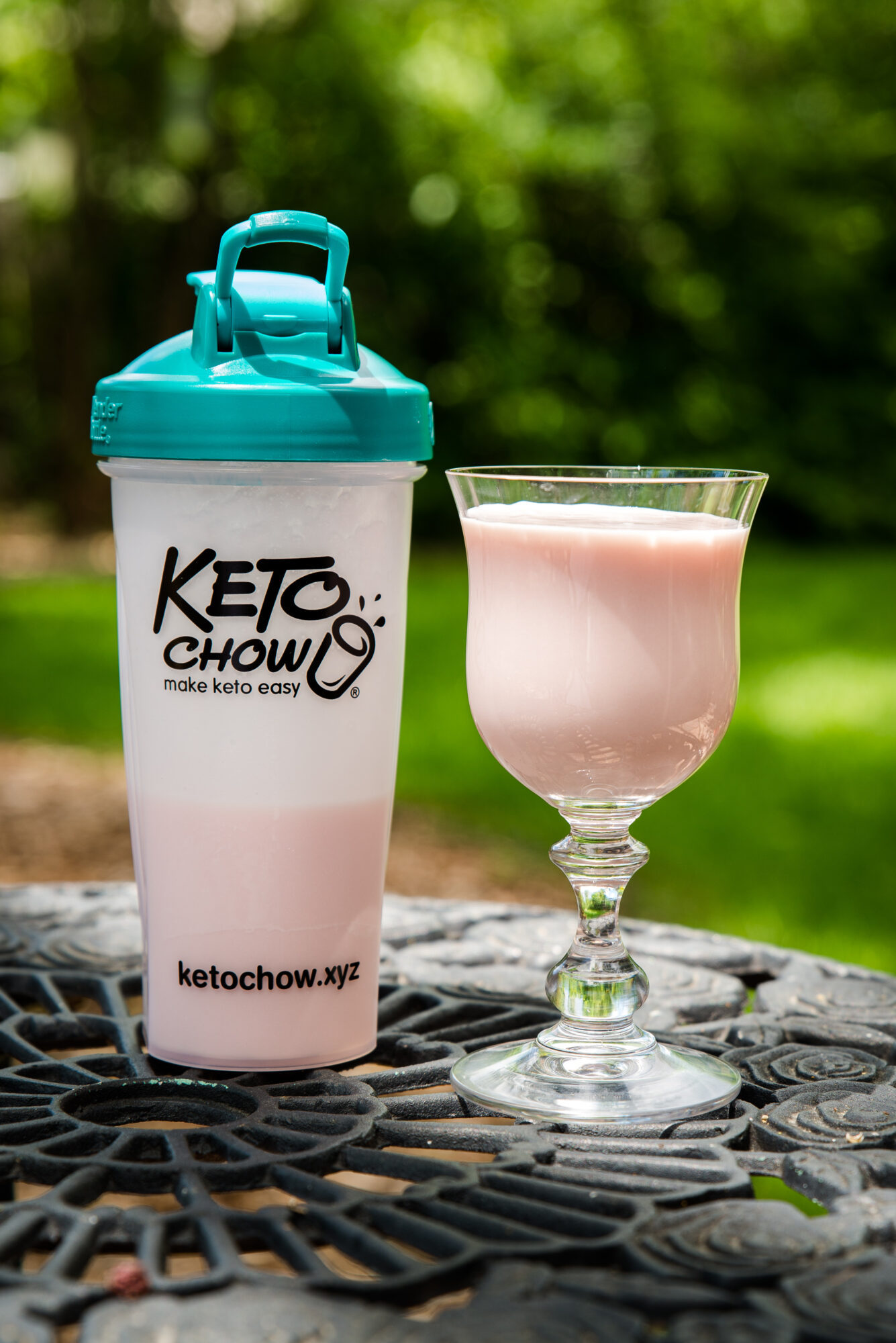The dietary factor that raises blood sugar the most is carbohydrate, especially liquid carbs, like fruit juice and sugar-sweetened soft drinks, and refined sugars. So, in the simplest terms, keto is effective for improving diabetes because it limits the foods and beverages that have the biggest impact on blood sugar and insulin.
Most people these days adopt a keto diet to lose weight, but shedding pounds isn’t the only thing this very low-carbohydrate way of eating is good for. Diabetes is at the top of a long list of other issues keto improves or resolves altogether. Whether you’re living with type 2 or type 1 diabetes, ditching the carbs can be one of the best things you do for yourself.
What is Type 2 Diabetes?

Type 2 diabetes (T2D) is a condition in which blood sugar (also called blood glucose) is too high, too often. It’s diagnosed by elevated blood sugar, be that through measuring hemoglobin A1c, fasting blood sugar, a random, non-fasting blood sugar measurement, or your response to an oral glucose tolerance test.
Numerous factors contribute to the development of T2D. Without getting too deep into the physiological weeds, it’s primarily the result of insulin resistance. Insulin resistance is when the insulin the body produces is no longer effective for keeping the blood sugar within a healthy range.
As a result of chronically elevated insulin for years, the cells have become “resistant” to the glucose-lowering effect of insulin, so even though there’s plenty of insulin being produced, the body no longer responds to it properly.
Your cells aren’t the problem
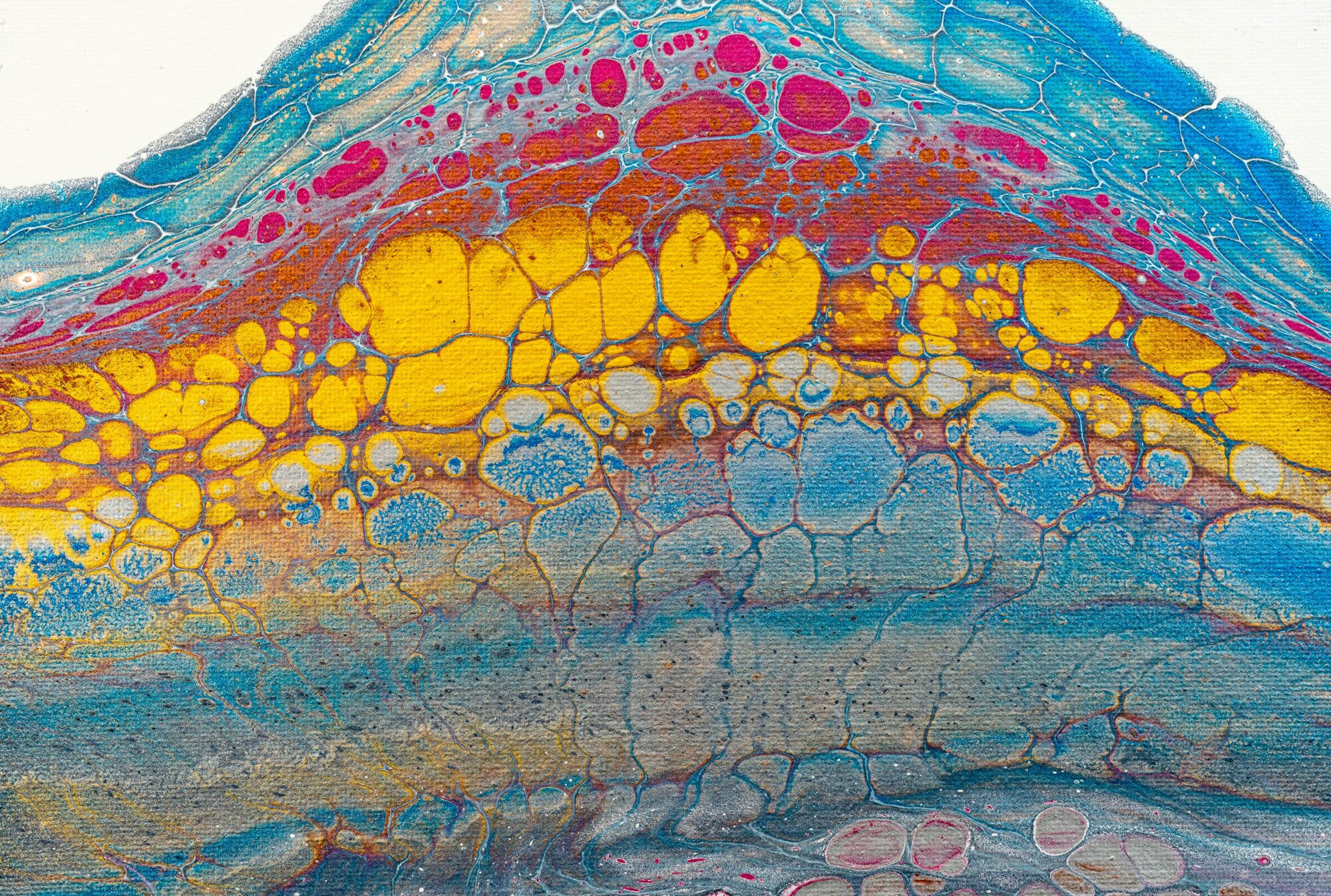
More precisely, the insulin – and your cells – are actually working just fine. The problem is that all your body’s storage compartments for glucose are already full, so the sugar has nowhere to go.
You can store a small amount of glucose in your liver and more in your muscle cells, but once those two main storage sites are full, any glucose coming into your body (from carbohydrates) that you don’t use for fuel right away will be converted into fat.
You can store much more fat than you can glucose, but your capacity to store fat isn’t unlimited. Once your glucose and fat stores are full, the excess glucose has nowhere to go, so it stays in your bloodstream. When there’s too much sugar in your blood all the time, that’s type 2 diabetes.
Why is Keto so Helpful for Type 2 Diabetes?

If you have a condition defined by high blood sugar, then it stands to reason that if you want to improve the condition – or maybe even be free of it altogether – then you should avoid or limit things that raise your blood sugar.
While several things affect blood sugar (such as stress, sleep, medications, and physical activity), none is as powerful as diet – what you eat and drink. And the dietary factor that raises blood sugar the most is carbohydrate, especially liquid carbs, like fruit juice and sugar-sweetened soft drinks, and refined sugars.
So, in the simplest terms, keto is effective for improving diabetes because it limits the foods and beverages that have the biggest impact on blood sugar and insulin.
Keto – Better than Medication?
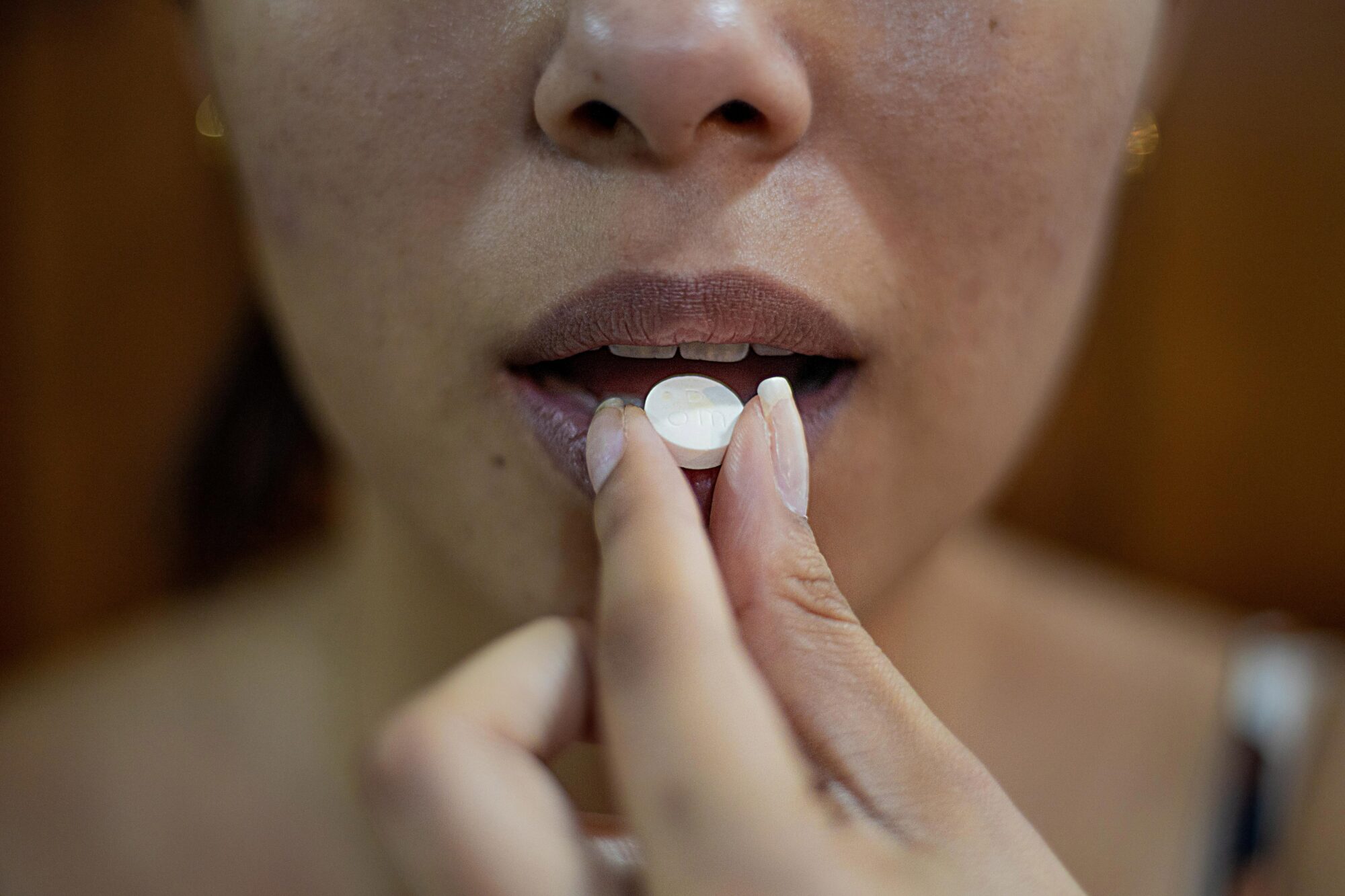
Keto diets can lead to an immediate reduction in blood sugar. For this reason, people using insulin need to be especially careful because insulin injections (as well as select other diabetes medications) may need to be adjusted or stopped altogether on the first day of starting keto.
People who have needed hundreds of units of insulin to control their blood sugar have been able to completely eliminate insulin within only a few days after adopting a keto diet. Not only that, but they typically experience better (lower) blood sugar off insulin than they did when they were taking it!
Medications don’t actually fix the underlying problem in T2D. What they really do is just move sugar around in the body, or they cause your body to absorb less sugar or excrete more of it. And of course, these drugs are not without side-effects – some of them very serious.
For example, a drug class called SGLT2 inhibitors cause the kidneys to filter more glucose out of the bloodstream and concentrate it in the urine for excretion. But your urine isn’t normally exposed to that much glucose, and the result is increased risk for urinary tract infections and Fournier’s gangrene – “a life-threatening bacterial infection of your scrotum, penis or perineum (the area between your genitals and rectum).”
How keto helps

Unlike medications, keto does address the underlying cause of type 2 diabetes – the presence of excess glucose. You don’t need drugs to take sugar out of your blood when there isn’t so much going in in the first place. You don’t need drugs to help you absorb less glucose when you eat a lot less of it to begin with. Well-known keto authority Dr. Eric Westman wrote:
“Carbohydrate restriction is easily grasped by patients: Because carbohydrates in the diet raise the blood glucose, and as diabetes is defined by high blood glucose, it makes sense to lower the carbohydrate in the diet.”
Entire textbooks have been written about this, but that’s what it really boils down to. Pretty simple, huh? Why use medication to “manage” T2D when you can just not have it at all?
(Don’t change or stop medication on your own. Work with a medical professional. Need to find a keto-friendly doctor or other medical professional? Search here or here.)
Is Keto Better Than a Low Glycemic Diet?

If you have diabetes, you may have been advised to follow a “low glycemic diet.” The glycemic index (GI) categorizes carbohydrate foods based on how much and how quickly they raise blood sugar. Things like sugar-sweetened soft drinks and sugary cereals have a high GI, while unrefined foods higher in fiber and complex carbs have a lower GI.
So it makes sense that you would want to stick to foods that have a low GI.
Choosing lower glycemic index foods may be better than basing your diet on foods with a higher GI, but the main problem with the GI is that it’s a highly individual thing. Two people can eat or drink the same things and have vastly different responses in blood sugar and insulin.
Something might be classified as a low GI food (like apples or beans), but your blood sugar might rise much higher than someone else’s does when you eat it.
Eating a strict keto diet removes the guesswork from the glycemic index. When you follow a keto diet, you don’t need to worry about the glycemic index of anything, because the total amount of carbohydrate you consume is limited to begin with.
You Can Reverse Type 2 Diabetes

Reversal, remission – whatever you call it, you can maintain normal blood sugar levels with no diabetes medication. And that is probably the best reason of all to follow a keto diet if you have T2D.
Keto isn’t the only way to reverse T2D, but it’s probably the most delicious. Very low calorie diets and meal replacements can also be effective, but compared to those, keto is more convenient to follow while enjoying a social life, and it doesn’t even need to be specifically restricted in calories for it to result in dramatic improvements in metabolic health – including reversing metabolic syndrome.
Bariatric surgery is also effective, but considering the high rate of weight regain and serious complications, adopting a keto diet may be more likely to make remission permanent rather than temporary.
Keto for Type 1 Diabetes
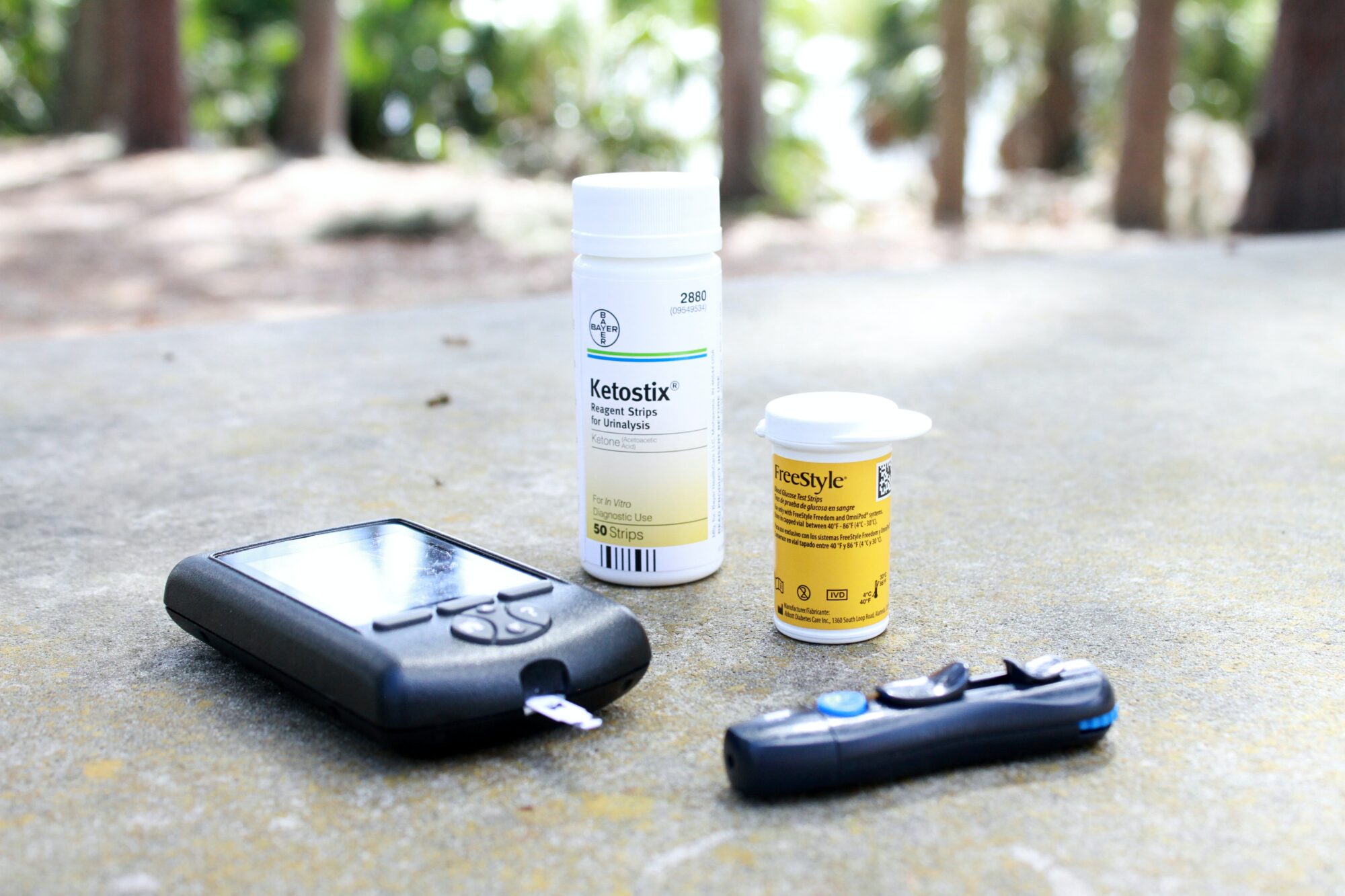
What about type 1 diabetes? Type 1 is also diagnosed by very high blood sugar, but unlike in type 2 – where there’s too much insulin – people with type 1 diabetes (T1D) don’t produce enough insulin. Type 1 results when an autoimmune process damages the cells in the pancreas that produce insulin. So, unlike people with type 2, people with type 1 will always need to use insulin injections.
However, cutting way back on carbs can reduce the amount of insulin needed, and lower doses of insulin typically mean less volatility in blood glucose – fewer wild fluctuations up and down on the blood sugar rollercoaster. Not only that, but people with T1D who follow a keto diet typically experience better blood sugar control and lower HbA1cs while using less insulin.
And using less insulin is a good thing, because just as people can become resistant to the insulin their own bodies make (hence the term “insulin resistance”) people with T1D can become resistant to the insulin they inject, resulting in a condition known as “double diabetes.”
These folks start out with type 1, but owing to the high doses of insulin they need to “cover” the carbs they eat, they develop health problems that mimic those seen in type 2, especially weight gain and cardiovascular disease.
So, using lower doses of insulin in type 1 is just as important as managing one’s own internal insulin levels for people with type 2 or prediabetes, and anyone who doesn’t have diabetes but is concerned about their health.
Bottom Line

The very low-carb ketogenic diet is a simple and delicious way to put type 2 diabetes into remission and reduce the amount of insulin required and reduce risk for long-term complications in type 1. Other dietary approaches may also be effective, but keto has a track record going back to at least the 1700s, so it is hardly a “fad diet.”
Looking for a low-carb meal?
Especially one that won’t raise your blood sugar? Then check out Keto Chow! Keto Chow is a sugar-free, keto meal shake that comes in over 25 different flavors. Simply add your serving of Keto Chow to a BlenderBottle® or shaker bottle, add 2 cups of water, add your choice of fat (we recommend 4 oz. heavy cream), and shake! If you want the flavor to really pop, we recommend leaving it in the fridge overnight.
